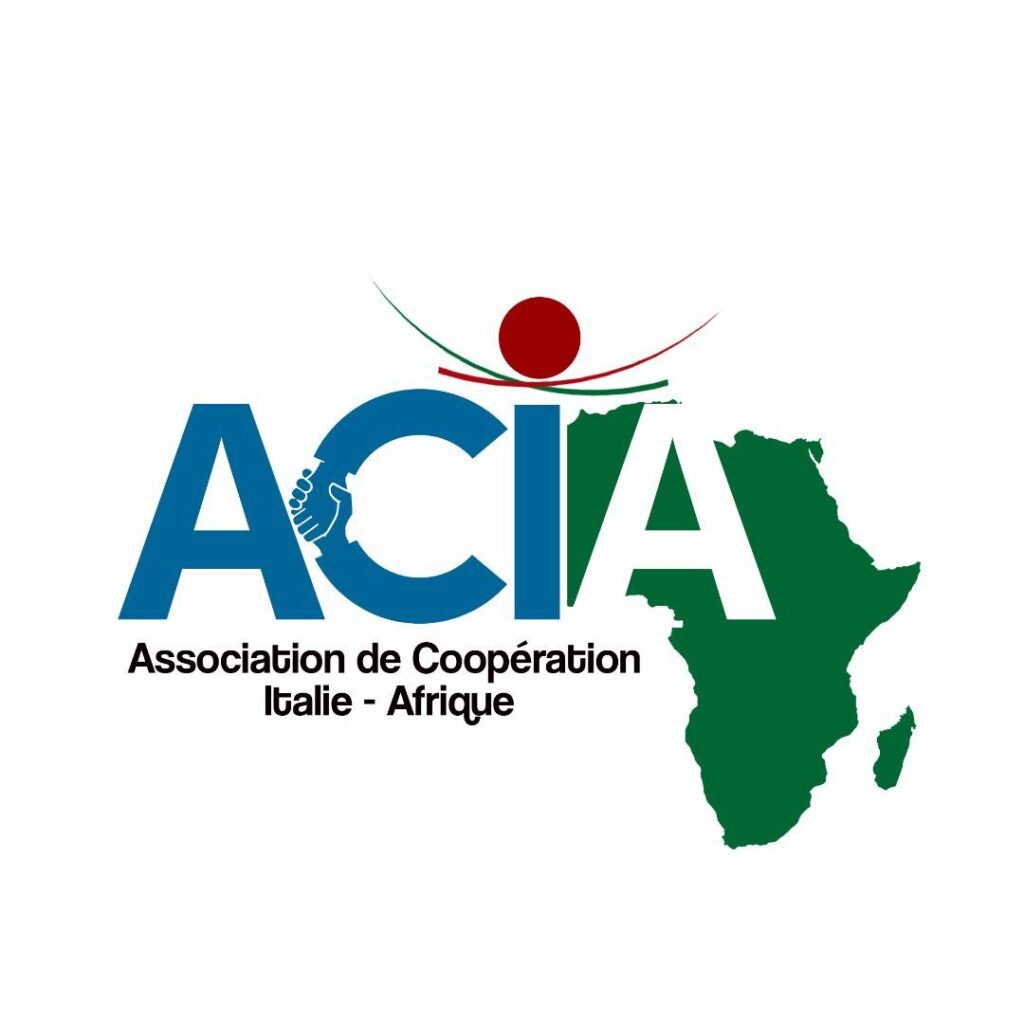AFRICA BDEAC will buy shares in Afreximbank
(Invest in Africa) - Cameroon's Minister of Finance (Minfi), Louis Paul Motaze, chaired the board of directors of the Central African States Development Bank (BDEAC) in Congo-Brazzaville on 9 August. During this meeting, we learn, the board approved BDEAC's proposed participation in the capital African Export-Import Bank (Afreximbank). "The Bank's participation in the capital of this continental institution is fully consistent with its 2017-2022 strategic plan, particularly in light of its new trade finance policy in the sub-region. This acquisition of participation also responds to the cross-cooperation policy adopted by the two institutions under the memorandum of understanding signed on 6 March 2018 ". explains BDEAC. However, it does not specify the level of participation in Afreximbank's capital. Based in Cairo and operating in Abuja, Abidjan, Harare and Kampala, Afreximbank is a supranational financial institution. As of 31 December 2017, the authorised share capital of this bank amounted to $ 5 billion (almost FCFA 3 trillion). It consists of 500,000 ordinary shares of USD 10,000 (almost FCFA 6 million) each. The condensed financial statements for the year ended 31 December 2018 show total comprehensive income of $ 285.4 million. BDEAC and Afreximbank have regularly financed projects in tandem. For example, on 11 July 2018, they signed a EUR 500 million (approximately FCFA 327.5 billion) co-financing framework agreement in favour of CEMAC. This was in response to numerous requests for project funding from countries in the sub-region of Cameroon, CAR, Congo, Gabon, Equatorial Guinea and Chad. africaaedic.eu



